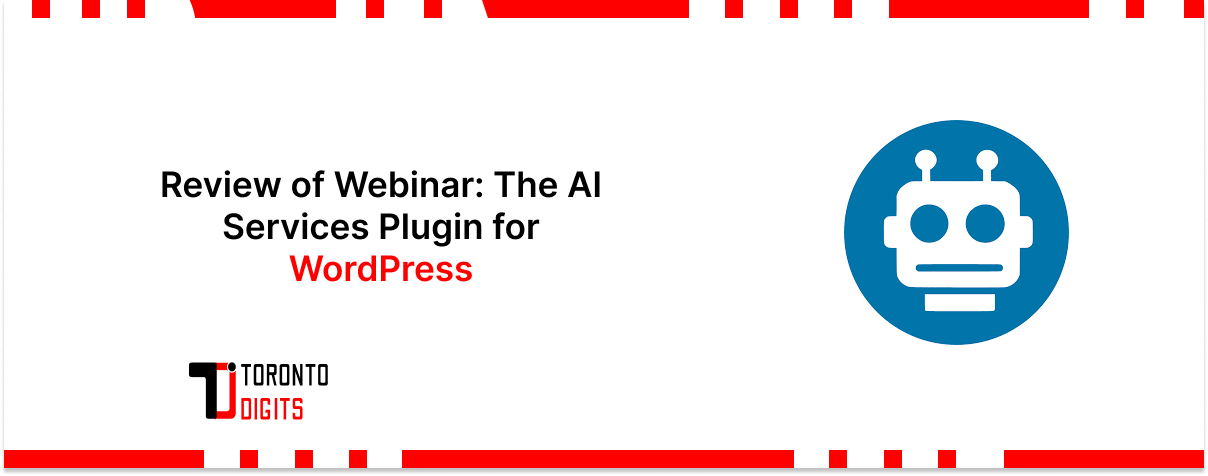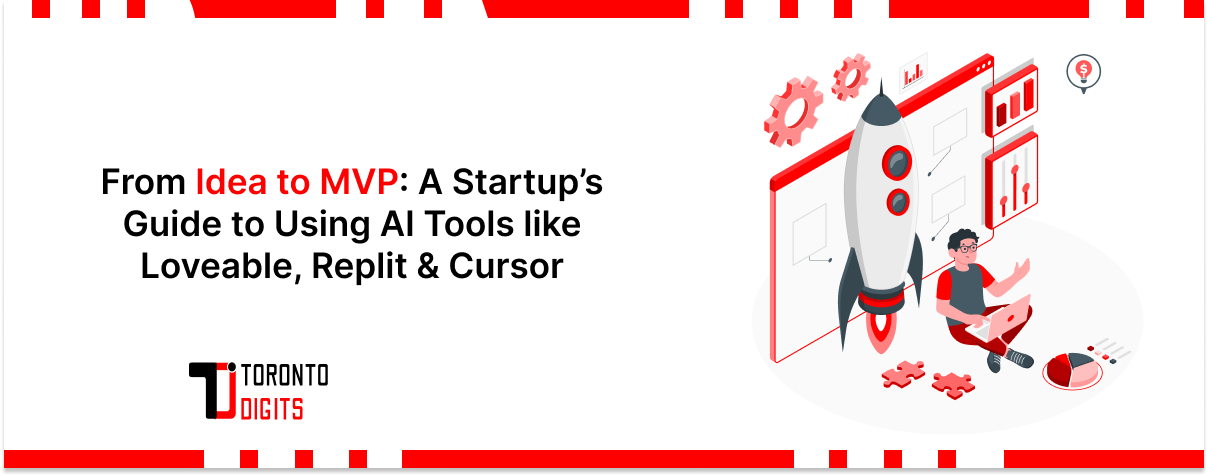The fintech startup journey is full of promise — but also full of challenges. At our recent webinar, “GPT for Startup – From Ideation to GTM in Fintech,” participants explored how GPT and AI tools can accelerate every stage of the startup lifecycle, from validating ideas to building trust and scaling in competitive markets.
Led by Anees, a seasoned technology architect with 20+ years of experience in healthcare and financial systems, the session offered not just frameworks but real-world answers to some of the toughest questions fintech founders face.
Here are the highlights from the Q&A portion that made this webinar especially impactful.
Key Insights from the Session
1. What are the biggest opportunities for fintech startups in the next 3–5 years?
According to Anees, the largest opportunities lie in financial inclusion and personalization. AI-driven tools like GPT can help startups create hyper-personalized financial products that reach underserved markets, offering solutions that big traditional players often overlook.
2. Why do many fintech startups fail, and what lessons can new founders learn?
Failure often comes from scaling too fast without validation. Anees emphasized that founders should:
- Validate their idea early with GPT-driven insights.
- Keep compliance and trust at the core.
- Build step by step rather than chasing funding too quickly.
3. How can early-stage startups build trust with customers and investors from day one?
Trust starts with transparency. Anees advised that startups:
- Communicate openly about data usage and security.
- Demonstrate compliance readiness early.
- Show investors that trust is not an afterthought — it’s part of the business model.
4. What role do regulations play, and how should founders approach compliance?
In fintech, regulations aren’t roadblocks; they’re guardrails. Anees highlighted that founders should treat compliance as a competitive advantage. By embedding GPT to monitor and document compliance from the start, startups can avoid pitfalls later.
5. In such a competitive space, how can a fintech startup stand out?
Differentiation doesn’t always come from flashy features. Startups win by:
- Solving specific pain points better than anyone else.
- Offering a seamless customer experience powered by AI personalization.
- Building trust and usability into their core offering.
6. What do investors look for in fintech startups?
Investors watch for traction and clarity. Metrics like customer adoption, low churn, and strong unit economics are key. But Anees noted that investors are also keen on how well startups handle compliance and risk management from the beginning.
7. Where does GPT add the most value — product, compliance, or customer engagement?
“All three, but in different ways,” Anees shared.
- In product development, GPT speeds up prototyping and iteration.
- In compliance, it helps with document processing and monitoring.
- In customer engagement, it powers hyper-personalized interactions that drive loyalty.
8. How should founders balance automation with the human touch?
Automation reduces costs, but fintech is ultimately about trust. Anees advised:
- Use GPT and automation for efficiency and scale.
- Always keep a human layer for empathy-driven interactions in sensitive areas like financial advice or dispute resolution.
9. Does AI lower or raise the barrier to entry?
AI lowers the barrier by giving small teams the power to build faster and cheaper. However, it also raises expectations, since customers now demand smarter, AI-powered services. Startups must balance the opportunity with new risks like bias, misuse, and over-reliance on automation.
10. One piece of advice for young founders
“Start small, validate fast, and embed trust early.” Anees closed with this piece of advice: Don’t chase scale immediately — use GPT to test, learn, and grow step by step.
Don’t Miss What’s Next!
This was our 4th webinar—and we’re just getting started. 🚀
We host insightful sessions every month, covering everything from AI-powered development to lean startup strategies. Each webinar features expert guests, actionable lessons, and practical discussions tailored for founders, builders, and creators.
👉 All past and upcoming sessions are published on our official Startup Grind Layyah page:
startupgrind.com/layyah
Bookmark the page, follow us, and never miss a future session!
Watch the Replay
If you missed this session, no worries — the full replay is now available on our YouTube channel.
We’ve also created short, snackable clips from the webinar and shared them across TikTok, Instagram, Facebook, and LinkedIn — perfect for quick learning and sharing with your network.
Go check them out, share your favorite takeaways, and keep the conversation going with us online!
The fintech world is moving fast, and AI is the accelerator. Join us each month as we uncover how startups can harness this power to turn bold ideas into real businesses.
Final Takeaway
The webinar proved that GPT isn’t just a tool for efficiency — it’s a strategic partner for fintech innovation. Whether it’s validating ideas, building compliance-ready products, or scaling customer engagement, AI can help founders move faster while minimizing risks.
The fintech space is only getting more competitive, but with the right strategies and tools, the future is wide open for bold founders willing to innovate with AI.
👉 Stay tuned for our upcoming events, where we’ll dive even deeper into the future of AI-driven startups.




